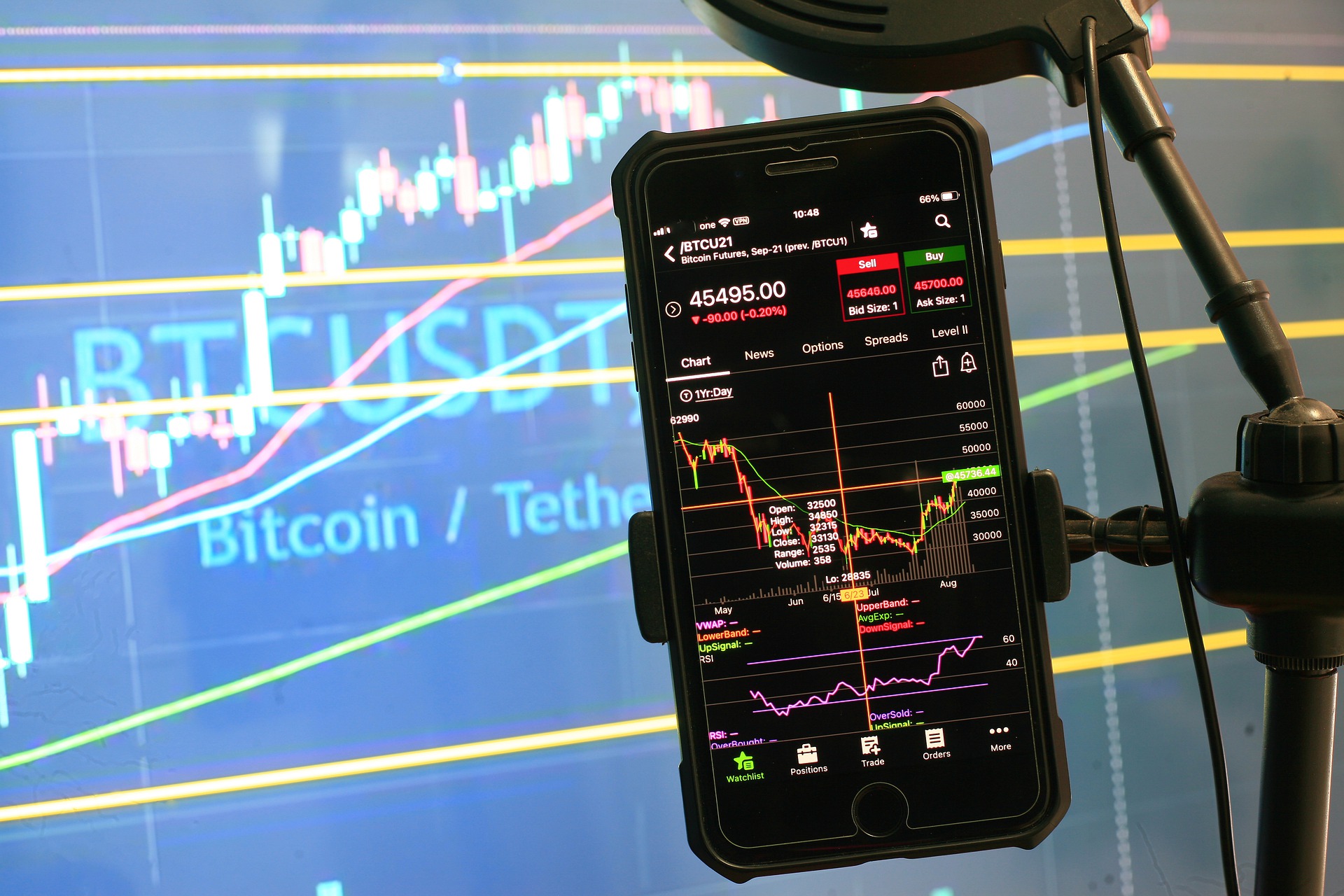The rise of cryptocurrency has brought about the creation of various tokens, each with its unique characteristics and uses. One type of token that has gained a lot of attention in recent years is the exchange-based token. In addition, websites like quantum-ai-trading.com will assist traders in their trading journey. Exchange-based tokens are digital assets that are issued by cryptocurrency exchanges to provide their users with various benefits. In this article, we will explore the pros and cons of exchange-based tokens and whether they are worth investing in.
Table of Contents
Pros of Exchange-Based Tokens
Liquidity
Exchange-based tokens are usually more liquid than other cryptocurrencies because they are listed on major exchanges. This means that they can be bought or sold quickly and easily.
Reduced Fees
Many cryptocurrency exchanges offer discounts on trading fees when users pay with their exchange-based tokens. For example, Binance, one of the largest cryptocurrency exchanges, offers a 25% discount on trading fees when users pay with Binance Coin (BNB), their exchange-based token.
Accessibility
Exchange-based tokens are more accessible to users who are new to cryptocurrency trading. Many exchanges offer their users the option to purchase these tokens directly with fiat currency, which eliminates the need to first buy Bitcoin or Ethereum before being able to trade.
Better Trading Tools
Some exchanges offer users exclusive access to trading tools and features when they hold their exchange-based tokens. For example, Binance provides its users with a variety of trading tools and analytical features when they hold BNB.
Potential for Higher Returns
Since exchange-based tokens are tied to the success of the exchange they are issued by, they can potentially offer higher returns than other cryptocurrencies.
Cons of Exchange-Based Tokens
Security Risks
Exchange-based tokens can be vulnerable to security breaches on the exchange. If the exchange is hacked or experiences a security breach, users’ tokens could be at risk of theft or loss.
Regulatory Issues
As cryptocurrency exchanges become more regulated, there is a risk that exchange-based tokens could be affected. For example, regulatory changes could make it harder for exchanges to issue tokens or offer benefits to users who hold them.
Dependency on the Exchange
The value of exchange-based tokens is closely tied to the success of the exchange they are issued by. If the exchange were to experience financial difficulty or shut down, the value of the tokens could be negatively impacted.
High Volatility
Like other cryptocurrencies, exchange-based tokens can be highly volatile. The value of these tokens can fluctuate rapidly and unpredictably, which can make them a risky investment.
Lack of Ownership
Exchange-based tokens do not offer any ownership stake in the exchange they are issued by. This means that users who hold these tokens do not have any say in the decision-making process of the exchange.
Examples of Popular Exchange-Based Tokens
Binance Coin (BNB)
BNB is the exchange-based token issued by Binance, one of the largest cryptocurrency exchanges in the world. Binance Coin offers its users various benefits, such as reduced trading fees, access to exclusive trading tools, and participation in Binance Launchpad token sales.
Huobi Token (HT)
Huobi Token is the exchange-based token issued by Huobi, another large cryptocurrency exchange. HT offers its users various benefits, such as reduced trading fees, participation in Huobi’s FastTrack token sales, and access to exclusive trading tools.
Uniswap (UNI)
Uniswap is an exchange-based token issued by the decentralized exchange Uniswap. UNI provides its users with governance rights, which allows them to vote on important protocol changes and proposals.
Is it Worth Investing?
When deciding whether to invest in exchange-based tokens, there are several factors to consider.
Firstly, investors need to assess their personal risk tolerance. Exchange-based tokens can be highly volatile and are not suitable for risk-averse investors.
Secondly, investors need to have a clear investment strategy. They should consider factors such as the long-term potential of the exchange, the token’s liquidity, and the potential for returns.
Lastly, investors need to be aware of the potential risks associated with investing in exchange-based tokens.
Conclusion
For cryptocurrency traders, exchange-based tokens have a number of advantages, including lower trading costs and better trading resources. But, they also carry dangers like excessive volatility, regulatory changes, and security lapses. Investors who are thinking about investing in exchange-based tokens should carefully consider their investment strategy, personal risk tolerance, and any potential dangers related to these tokens.
The post <strong>The Pros and Cons of Exchange-Based Tokens: Is it Worth Investing?</strong> appeared first on Entrepreneurship Life.





Leave a Reply